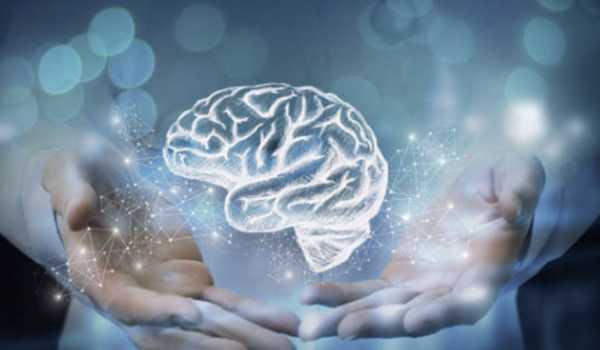The parts of the brain responsible for memory retrieval, linguistic analysis, emotional processing, and reward anticipation are all revitalized through musical engagement and production. Music aids in recalling previously taught information and forming new neural pathways in the brain.
Music serves a vital cultural purpose by eliciting a wide spectrum of emotions in its listeners, including positive, neutral, and negative feelings. That is why music can bring back memories of important occasions in one’s life. Because memory is so vital in enhancing intellect, the use of music technology has the potential to produce more effective learning environments. Music can boost an individual’s retention of the information presented. Numerous studies have been undertaken to test the idea that listening to music can trigger pleasant memories.
Is There a Connection Between Music and Memory?
Indeed, it does! The connection between music and memory has been the subject of studies. Multiple studies have found that listening to music can affect one’s brain in distinct ways. Researchers at the University of Michigan’s Music and Neuroimaging Lab found that singing helped stroke and brain injury patients regain speaking function. Since singing utilizes the right hemisphere of the brain, it can be used as a bridge to help people regain their speech abilities. Insofar as it evokes powerful feelings, music must play a part in memory formation, as such feelings facilitate retention. This may involve recalling specific musical details or recollections. Several studies have also found that regular music listening has a positive effect on verbal memory and concentration.
Music stimulates your mind, which increases memory
Music can assist you in brain training. Numerous studies on music and memory demonstrate that the two are closely linked. Music is one of the few things that stimulate the brain as much as it does. Listening to or playing music is an excellent strategy to keep your brain active as you age. It works your brain hard. It’s like a full-body workout for your brain, with auditory, visual, and motor functions all covered. This contributes significantly to the development of your neuroplasticity and gives long-term benefits.
Aids in emotional recovery and stress reduction
Listening to upbeat music is guaranteed to put a smile on your face. If you’re feeling down, putting on some music you love could help lift your spirits. Everyone has a particular song that instantly lifts their mood whenever they hear it. Furthermore, as was already mentioned, studies show that singing along can improve cognitive performance. You may have heard that music can be helpful in the healing process. When you’re under pressure, negative ideas tend to overwhelm your brain and cloud your judgment. Likewise, it may be to blame for your inability to get up and get going with anything, whether it is school or work. Stressful circumstances can be taken off by listening to soothing music.
Music aids in the recollection of faces
Many components of memory, including facial recall, have been proven to be enhanced by music. According to one study, listening to music that elicits strong emotions can help you recall more of it. Participants in the study watched hundreds of faces while listening to either happy or sad music. However, keep in mind that certain music (particularly music that elicits strong emotions) stimulates a portion of the brain associated with long-term memory and emotion. If your memory is fading as you become older, this strategy may help you remember the people who care about you. It may also be handy for visual research or memorization.
Songs that Improve Memory
Now that you know how music can affect your memory, let’s have a look at some of the most effective tunes for waking up, getting to work, and relaxing. Experiment with the available choices to find the musical experience that best suits your needs in terms of memory, mood, alertness, or any other cognitive function.
Brief Night Music by Mozart
Eine Kleine Nachtmusik has a vibrant beat that will energize you. It will also increase your dopamine levels, which will aid in your memory of new knowledge.
This is Your Song a composition by Michels-Ratliff and Ennis
Music has the capability of inducing nostalgia and evoking memories of one’s own nostalgic experiences. The music elicited a favorable response, stimulating powers. Therefore, it is apparent that many identify this song with sentiments of nostalgia.
Final words
You can greatly improve your study and memorization results by simply turning on some tunes and starting to work. The ability to recall spatial and directional information while multitasking is enhanced by listening to music in both sexes. People’s memories are enhanced when music is added to visual stimuli. Popular songs played in an unexpected order could prompt listeners to examine their own lives.
Photo: Master1305/Shutterstock
You might also like:
Support us!
All your donations will be used to pay the magazine’s journalists and to support the ongoing costs of maintaining the site.
Share this post
Interested in co-operating with us?
We are open to co-operation from writers and businesses alike. You can reach us on our email at [email protected]/[email protected] and we will get back to you as quick as we can.









